Indigenous Governance Database
self-governance
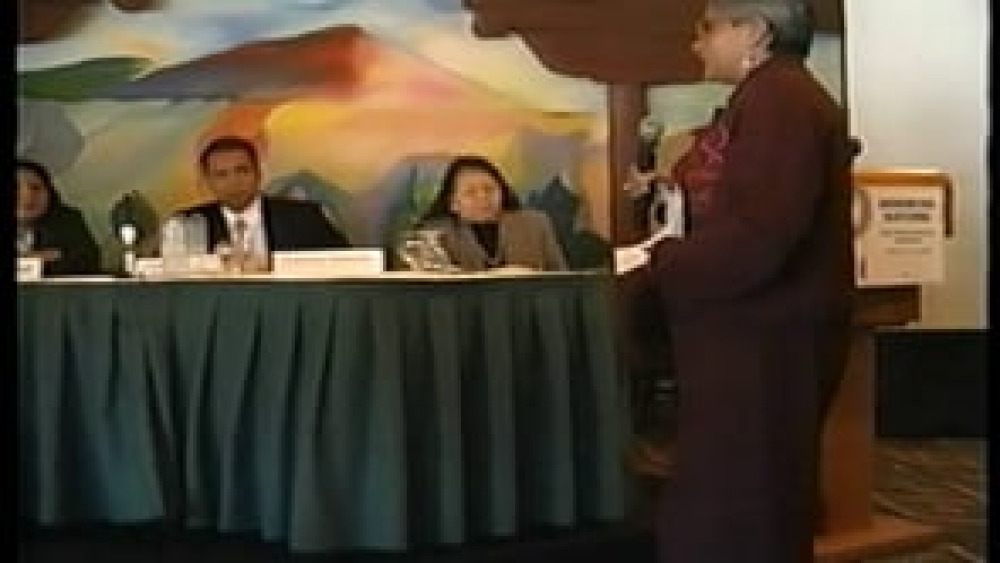
Honoring Nations: The Politics of Change - Internal Barriers, Opportunities and Lessons for Improving Government Performance
Moderator JoAnn Chase facilitates a wide-ranging discussion by a panel of Native nation leaders and key decision-makers about internal barriers inhibiting good governance and opportunities and lessons for improving government performance in Native nations.
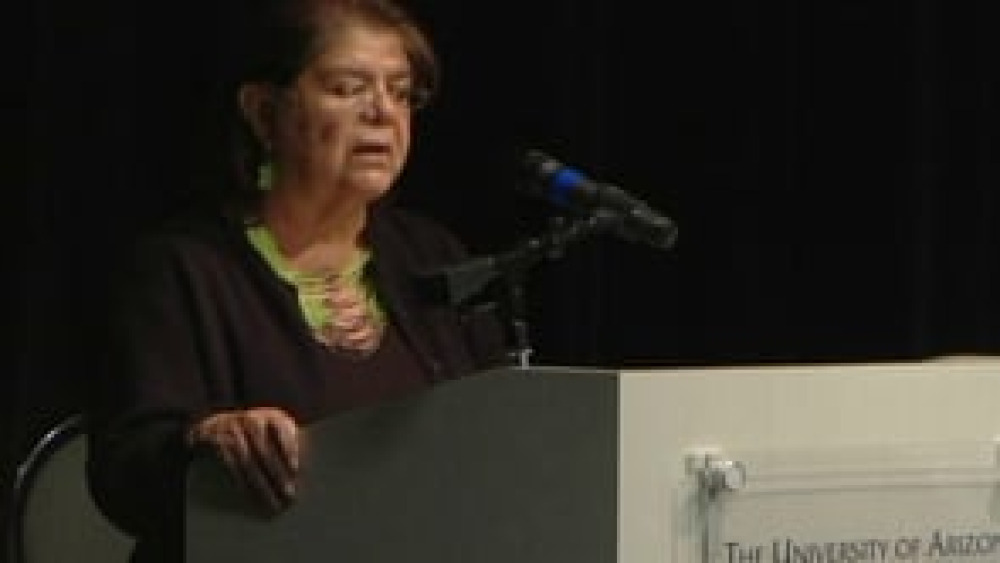
Wilma Mankiller: What it Means to be an Indigenous Person in the 21st Century: A Cherokee Woman's Perspective
Former Principal Chief of the Cherokee Nation Wilma Mankiller discusses the common misperceptions that people have about Indigenous people in the 21st century, and the efforts of Indigenous peoples to maintain their identity, cultures, values, and ways of life.
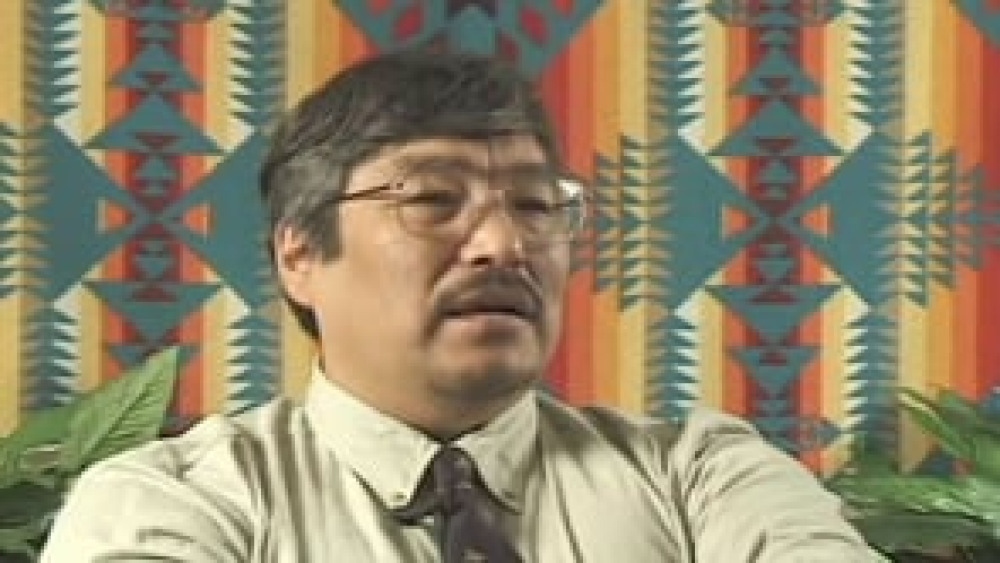
Great Tribal Leaders of Modern Times: Mike Williams
Produced by the Institute for Tribal Government at Portland State University in 2004, the landmark “Great Tribal Leaders of Modern Times” interview series presents the oral histories of contemporary leaders who have played instrumental roles in Native nations' struggles for sovereignty, self-…
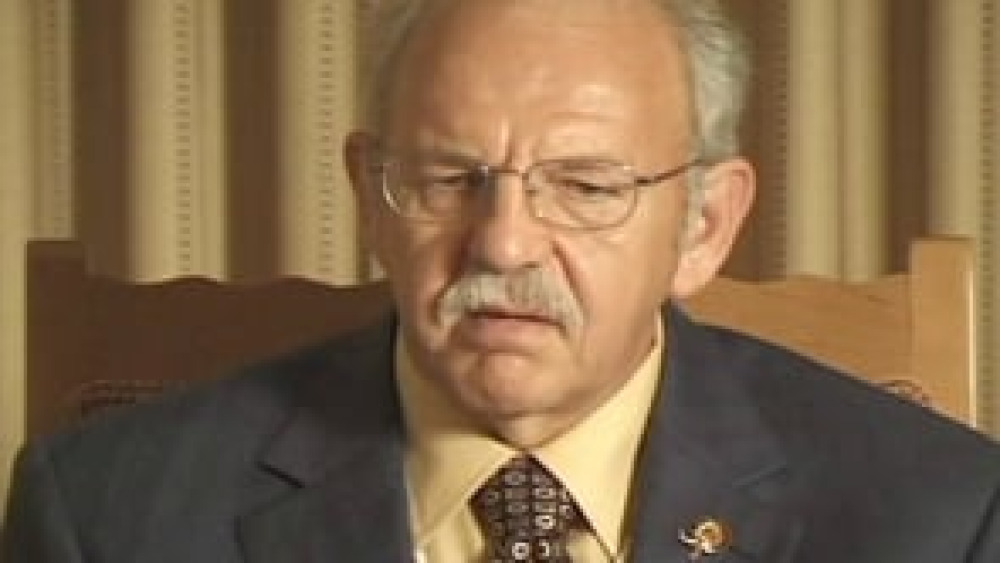
Great Tribal Leaders of Modern Times: W. Ron Allen
Produced by the Institute for Tribal Government at Portland State University in 2004, the landmark “Great Tribal Leaders of Modern Times” interview series presents the oral histories of contemporary leaders who have played instrumental roles in Native nations' struggles for sovereignty, self-…
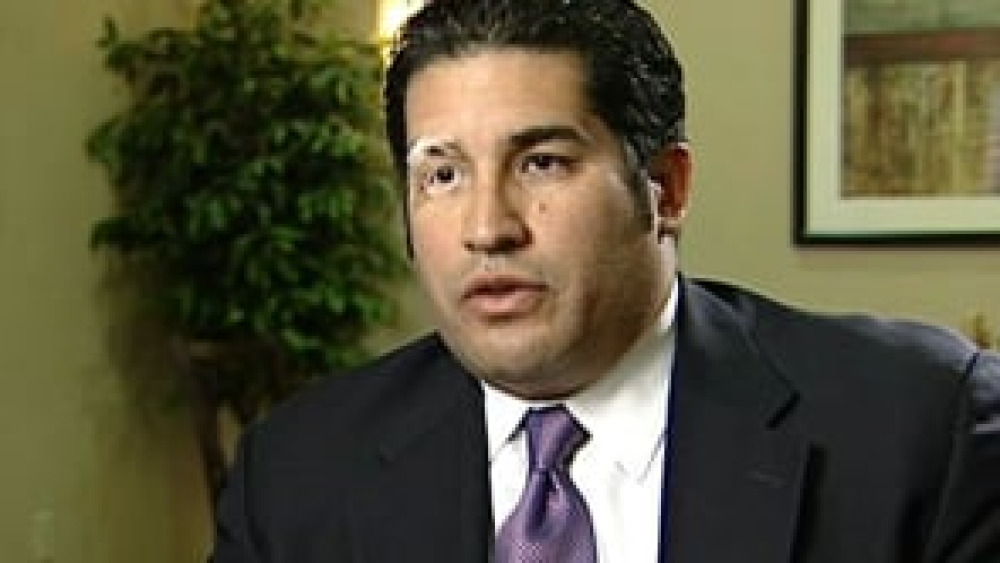
From the Rebuilding Native Nations Course Series: "What is Nation Building?"
Native leaders define what nation building means to them, and what it entails for Native nations who are working to reclaim control over their own affairs and build vibrant futures of their own design.
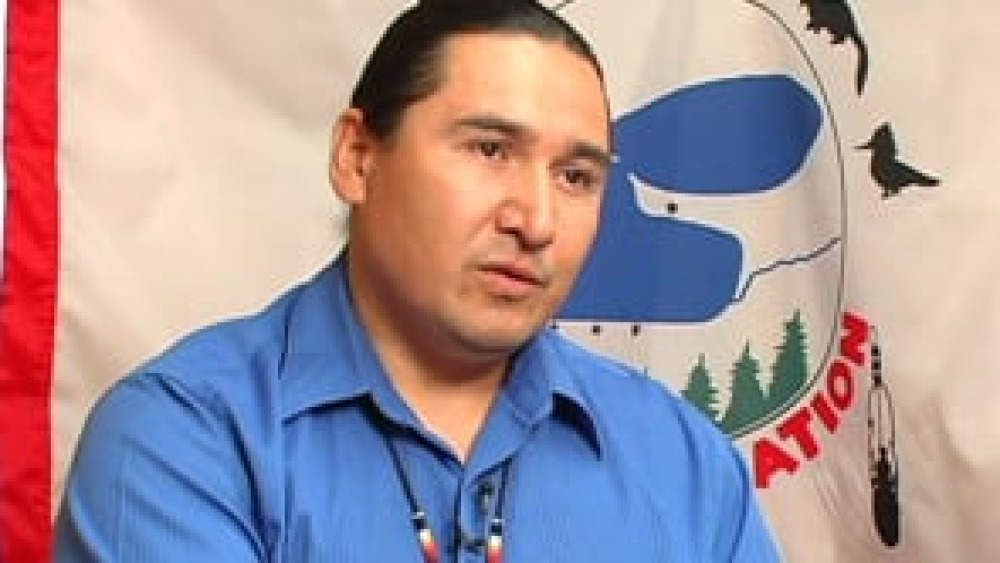
From the Rebuilding Native Nations Course Series: "Defining Sovereignty"
Native leaders offer their definitions of what sovereignty is and what it means for Native nations in the 21st century.
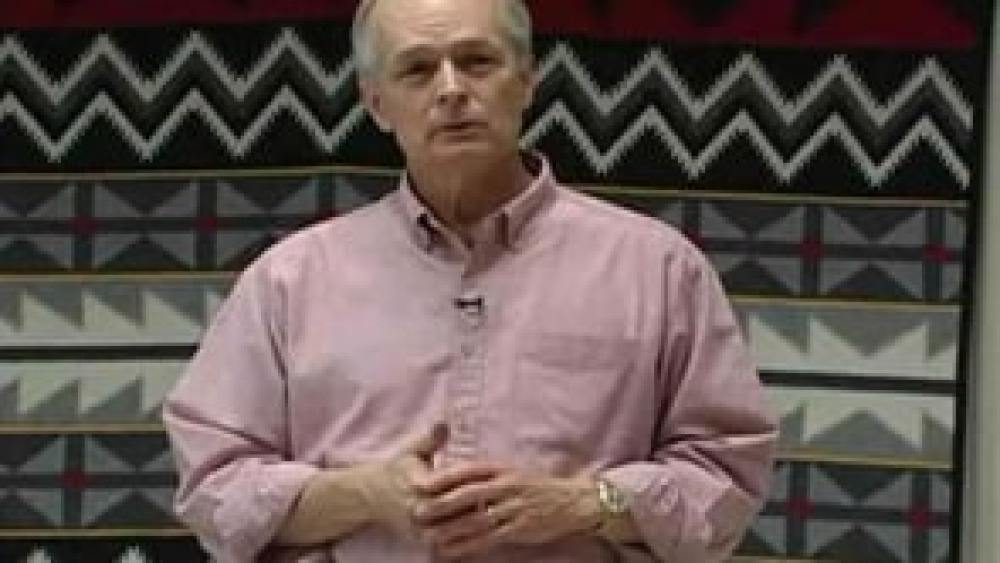
From the Rebuilding Native Nations Course Series: "Remaking the Tools of Governance: What Can Native Nations Do?"
Harvard Project on American Indian Economic Development Co-Director Stephen Cornell discusses the need for Native nations to reclaim and remake their tools of governance in order to meet the nation-building challenges they face today.
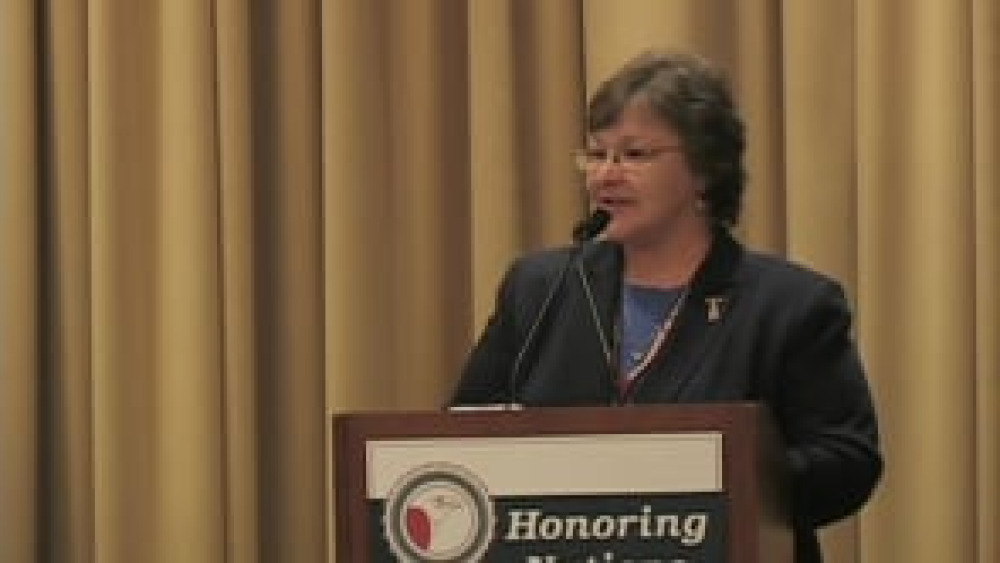
Honoring Nations: Karen Diver: Sovereignty Today
Fond du Lac Band of Lake Superior Chippewa Chairwoman Karen Diver argues that for Native nations to aggressively assert their sovereignty in order to achieve their goals, they must develop capable governing institutions to put that sovereignty into practice.
Honoring Nations: Kristi Coker-Bias and Allen Pemberton: The Citizen Potawatomi Community Development Corporation and the Red Lake Walleye Recovery Program (Q&A)
Honoring Nations symposium presenters Kristi Coker-Bias and Allen Pemberton field questions from the audience about the Citizen Potawatomi Community Development Corporation and the Red Lake Walleye Recovery Program.
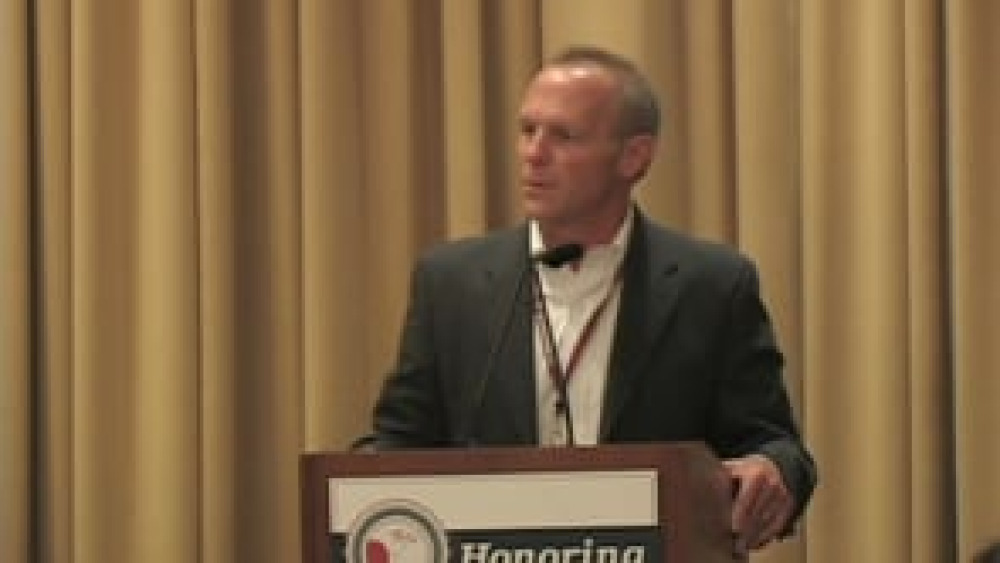
Honoring Nations: Joseph P. Kalt: A New Era of Governmental Relations
Harvard Project on American Indian Economic Development Co-Director Joseph Kalt stresses that the only policy that has ever created and sustained community and economic development in Native communities is self-determination. He also introduces Jodi Gillette, Senior Policy Advisor for Native…
David Montgomery: The Quinault Indian Nation's Q-munity Roadmap
In this interview with NNI's Ian Record, Quinault Indian Nation Budget Officer David Montgomery provides a comprehensive overview of Quinault's Q-munity Roadmap performance-based budgeting process, and discusses how citizen education and engagement has proven crucial to the success of this…
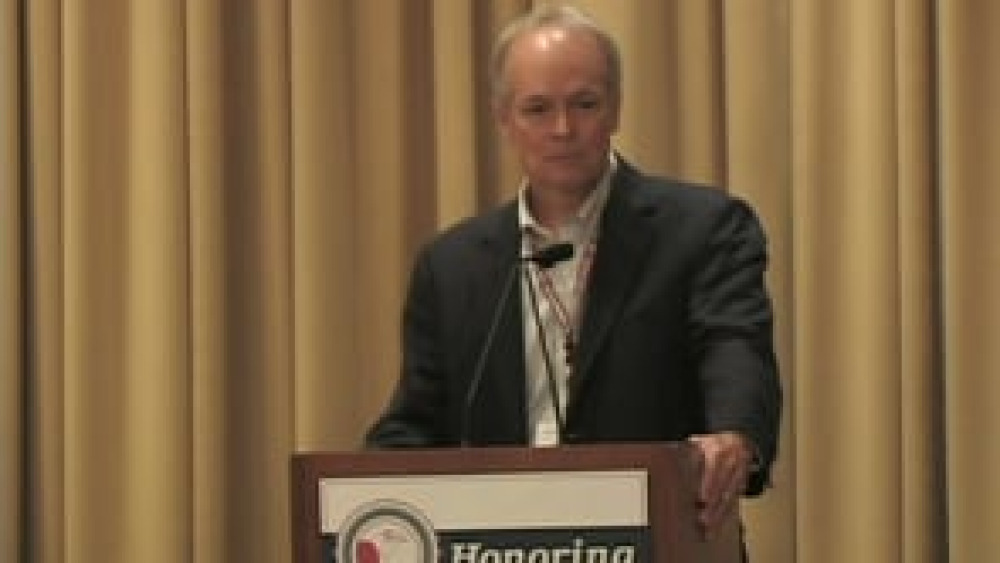
Honoring Nations: Stephen Cornell: The Growth of Honoring Nations
Harvard Project on American Indian Economic Development Co-Director Stephen Cornell emphasizes the growth and impact of the Honoring Nations program throughout not only the United States, but the entire world.
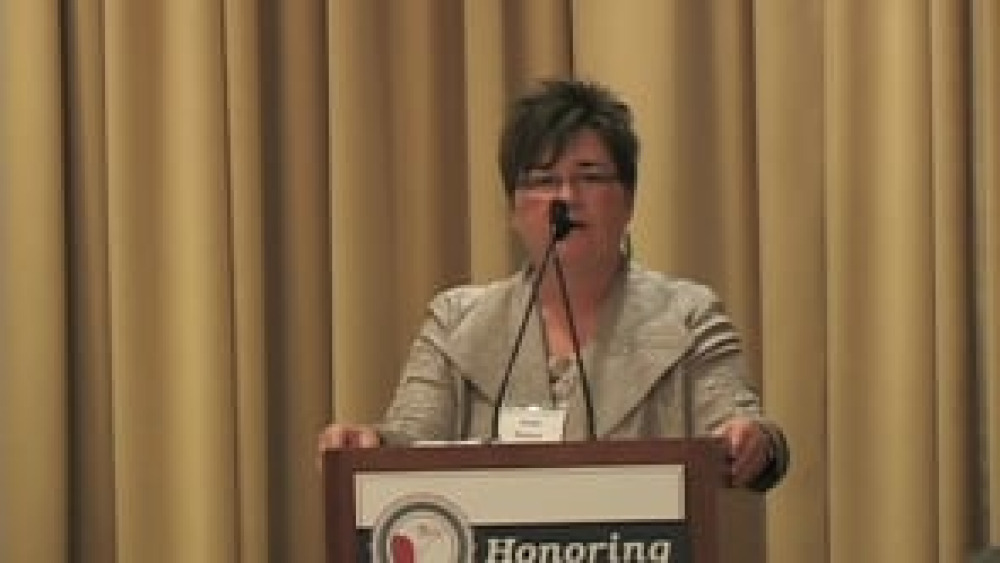
Honoring Nations: Hepsi Barnett: The Osage Government Reform Initiative
Former Osage Government Reform Commission Staff Member Hepsi Barnett discusses the historical events and resulting governance issues that prompted the Osage Nation to create an entirely new constitution and system of government in 2006.
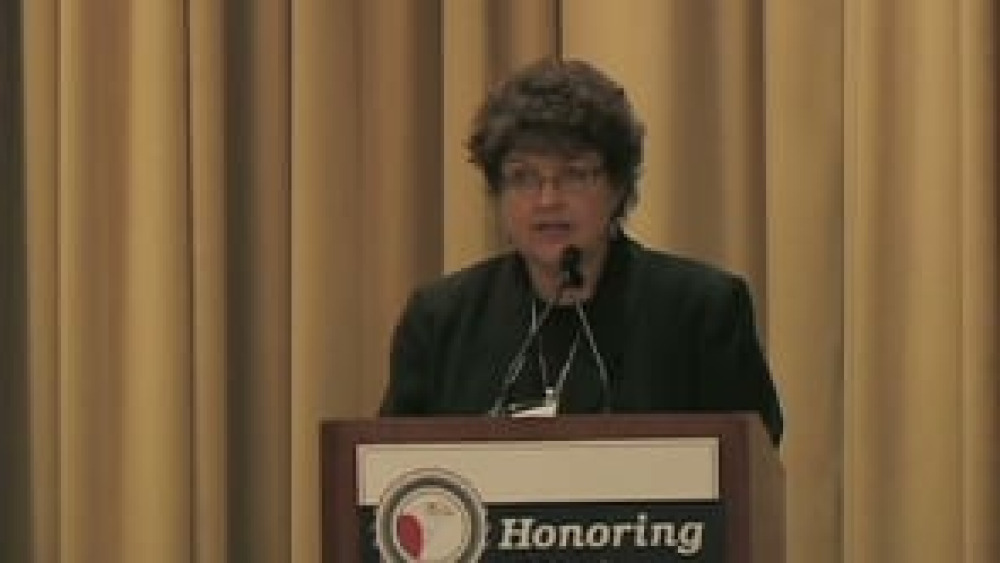
Honoring Nations: Jeannie Barbour: Chickasaw Press
Jeannie Barbour, creative director for the Chickasaw Nation, shares the history and success of the Chickasaw Press and discusses how it serves as a concrete expression of Chickasaw self-governance.
Regis Pecos: The Why of Making and Remaking Governing Systems
Former Cochiti Pueblo Governor Regis Pecos shares his thoughts about the ultimate purpose of constitutions, governments and governance from a Pueblo perspective, and argues that constitutional reform presents Native nations with a precious opportunity to reclaim and reinvigorate their cultures and…
NNI Forum: Tribal Sovereign Immunity
Tribal sovereign immunity has far-reaching implications, impacting a wide range of critical governance issues from the protection and exertion of legal jurisdiction to the creation of a business environment that can stimulate and sustain economic development. Native Nations Institute (NNI) Radio…
Honoring Nations: Brian Cladoosby: Sovereignty Today
Swinomish Chairman Brian Cladoosby offers his perspective on what tribal sovereignty means today. He argues that the long-term sustainability of Native nations hinges on their right and ability to decide their own affairs and determine their own futures, and stresses the importance of educating…
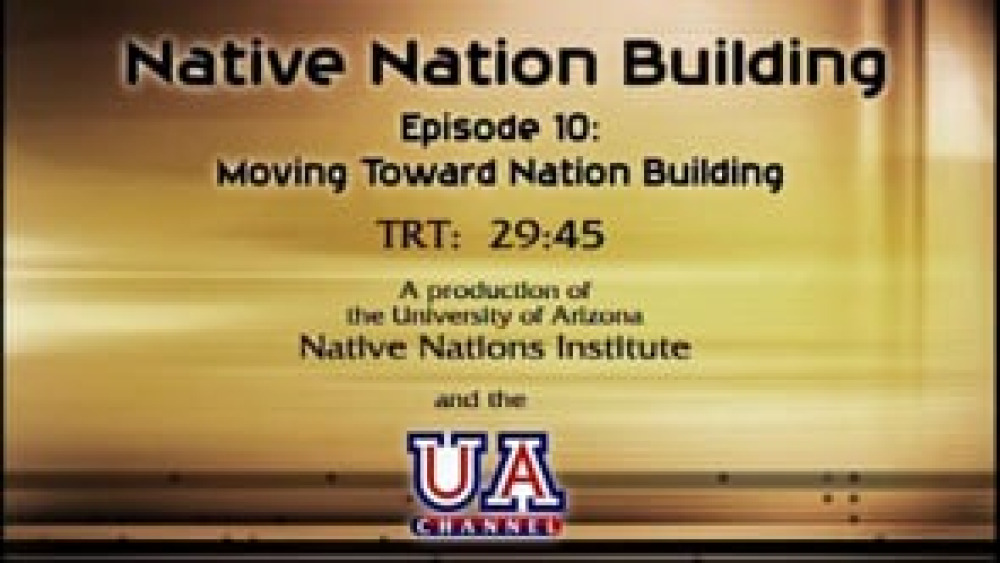
Native Nation Building TV: "Moving Towards Nation Building"
Manley A. Begay, Jr. and Stephen Cornell contrast the two basic approaches to Indigenous governance -- the standard approach and the nation-building approach -- and discusses how a growing number of Native nations are moving towards nation building. It provides specific examples of how implementing…
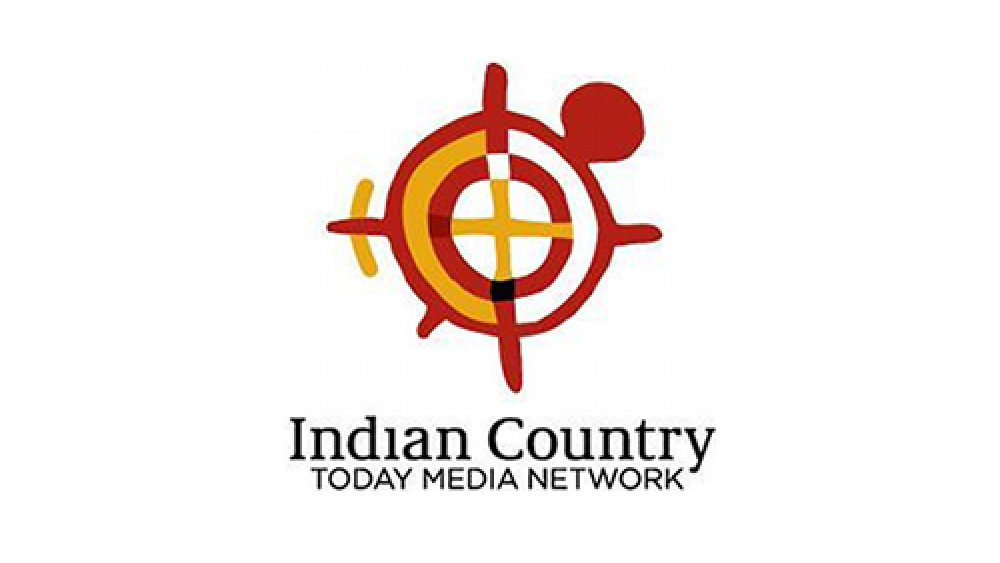
Tribal Per Capitas and Self-Termination
For many Indian families, tribal per capita payments help meet their most basic needs. They buy food, pay heating bills, make car payments, and open savings accounts. As a Dry Creek Rancheria Band of Pomo Indians leader explains, per capita monies have given historically impoverished Indian…
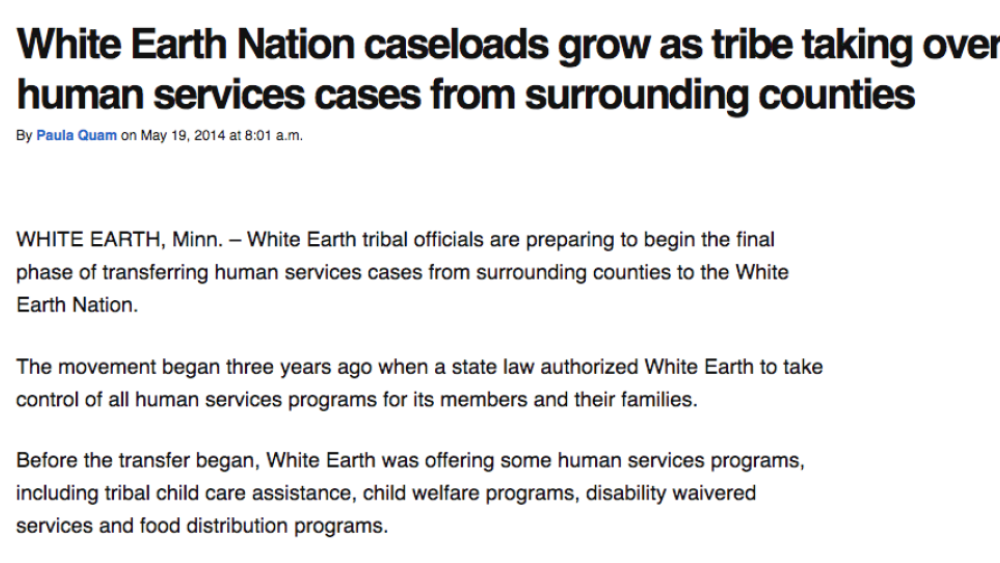
White Earth Nation caseloads grow as tribe taking over human services cases from surrounding counties
White Earth tribal officials are preparing to begin the final phase of transferring human services cases from surrounding counties to the White Earth Nation. The movement began three years ago when a state law authorized White Earth to take control of all human services programs for its members…
